INDIA TRAVEL TIPS
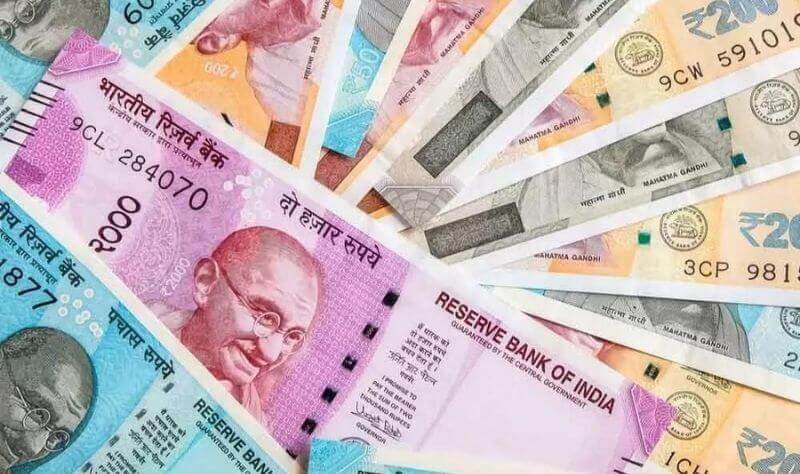
1) CURRENCY OF INDIA
The currency is the rupee (INR).![]()
Traveller’scheques are widely accepted and can be exchanged at banks.![]()
Credit cards and debit cards are also widely accepted. Automated transaction machines (ATMs) are available in most cities. Consult your bank to find out whether your debit and credit cards will work in India.![]()
Always exchange money through a bank or licensed Forex agent. Make sure you get a receipt. Do not trust stranger who offer good rate of exchange to you. This is illegal and you may become a victim of fraud.
2) VISA POLICY OF INDIA
Citizens of most countries require visa to travel to India.![]()
Citizens of a few countries can get visa on arrival: Some of these are: Cambodia, Finland, Indonesia, Japan, Laos, Luxembourg, Burma, New Zealand, Philippines, Singapore, Vietnam are granted visa on arrival in India*![]()
*Please kindly check with the Indian High Commission/ visa office or your travel agent before travel to India.![]()
Citizens of Bhutanand Nepal do not require visas to enter India, and may remain in the country without any limit of stay.
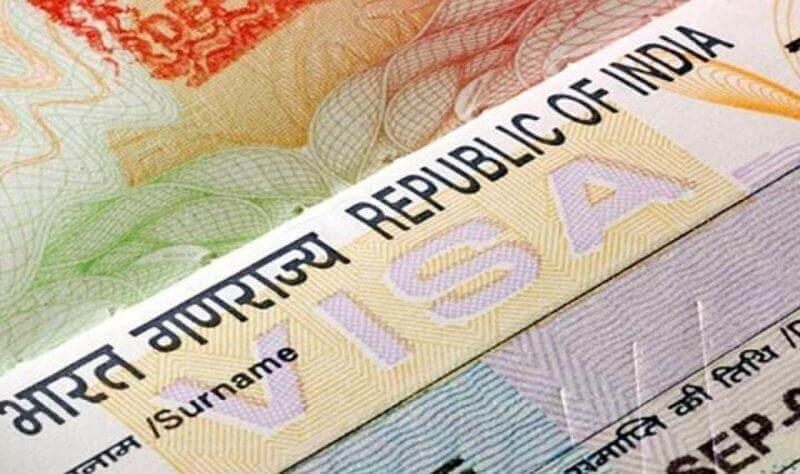

2) VISA POLICY OF INDIA
Citizens of most countries require visa to travel to India.![]()
Citizens of a few countries can get visa on arrival: Some of these are: Cambodia, Finland, Indonesia, Japan, Laos, Luxembourg, Burma, New Zealand, Philippines, Singapore, Vietnam are granted visa on arrival in India*![]()
*Please kindly check with the Indian High Commission/ visa office or your travel agent before travel to India.![]()
Citizens of Bhutanand Nepal do not require visas to enter India, and may remain in the country without any limit of stay.
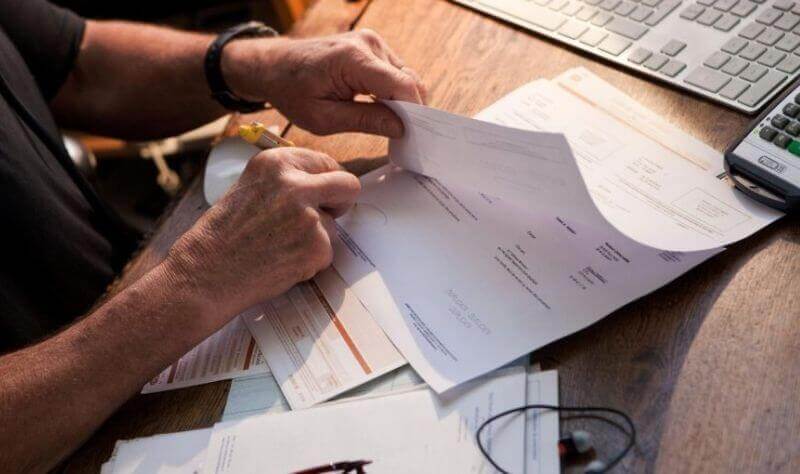
3) INSURANCE AND OTHER DOCUMENTS INDIA
Advisable to cover yourself with travel insurance for thefts, loss and medical emergency.![]()
You should keep a photocopy of your passport, Indian visa and flight ticket separate from the originals when travelling, just in case your original documents are lost/misplaced/stolen
4) BOOKING VIA AGENT INDIA
Always book with a government recognisedtravel/tour agent.![]()
Check the itinerary in detail with all inclusions and exclusion, ensuring there are no loop holes or fine prints.
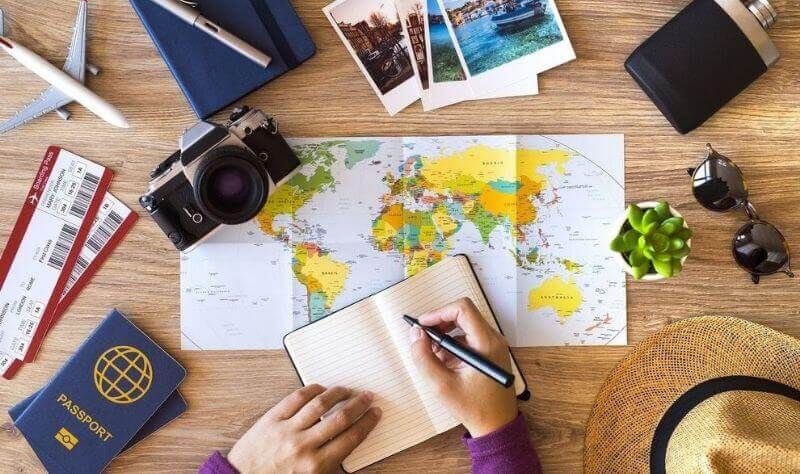

4) BOOKING VIA AGENT INDIA
Always book with a government recognisedtravel/tour agent.![]()
Check the itinerary in detail with all inclusions and exclusion, ensuring there are no loop holes or fine prints.
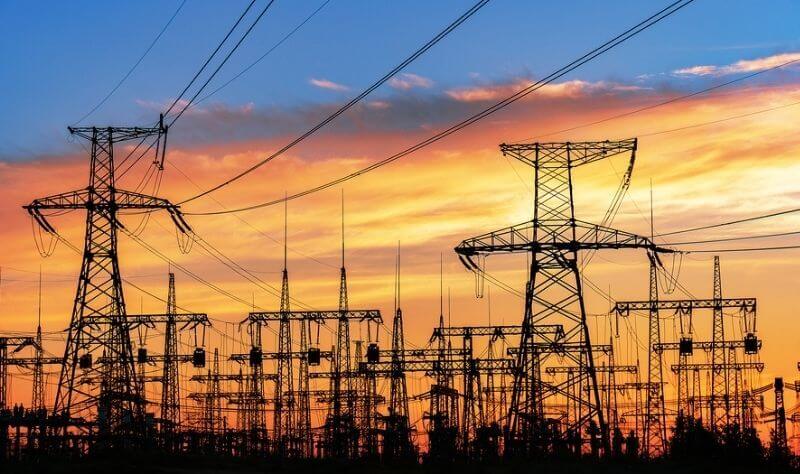
5) VOLTAGE IN INDIA
In India it is 220-240 volts. Plugs C & D. You will need a voltage converter, and plug adapter in order to use International appliances.![]()
We recommend getting a universal adapter and converter kit
6) LANGUAGE IN INDIA
English is widely spoken and understood in India.
There are almost 23 other languages spoken in India
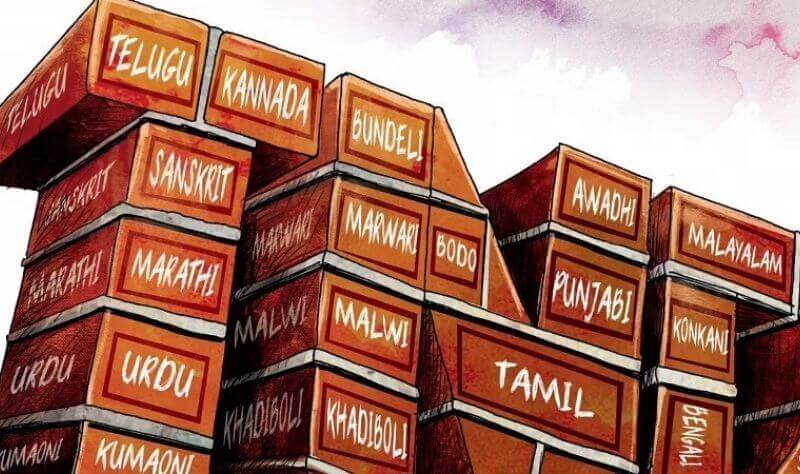

6) LANGUAGE IN INDIA
English is widely spoken and understood in India.
There are almost 23 other languages spoken in India
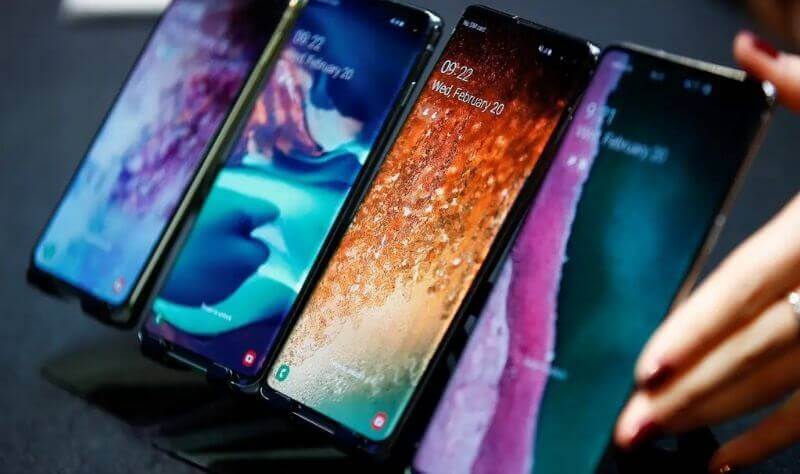
7) MOBILE PHONE IN INDIA
Roaming enabled mobiles will function in most of India.
Network is GSM 900/1800.
8) INTERNET IN INDIA
Internet Kiosks are common. Large hotels have internet access.
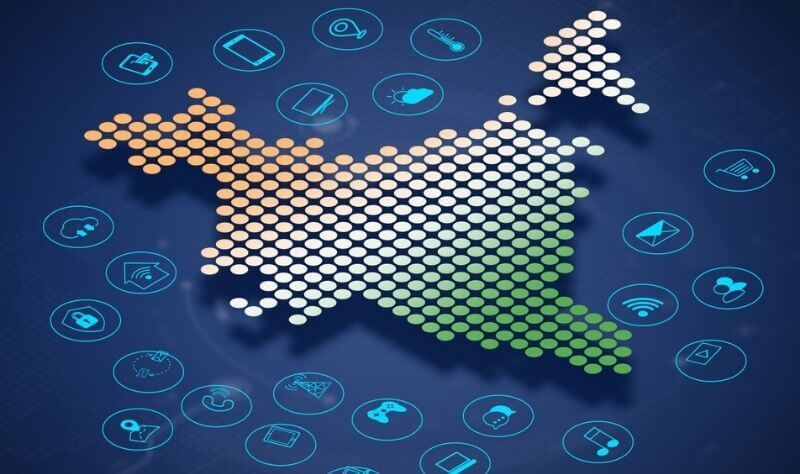

8) INTERNET IN INDIA
Internet Kiosks are common. Large hotels have internet access.
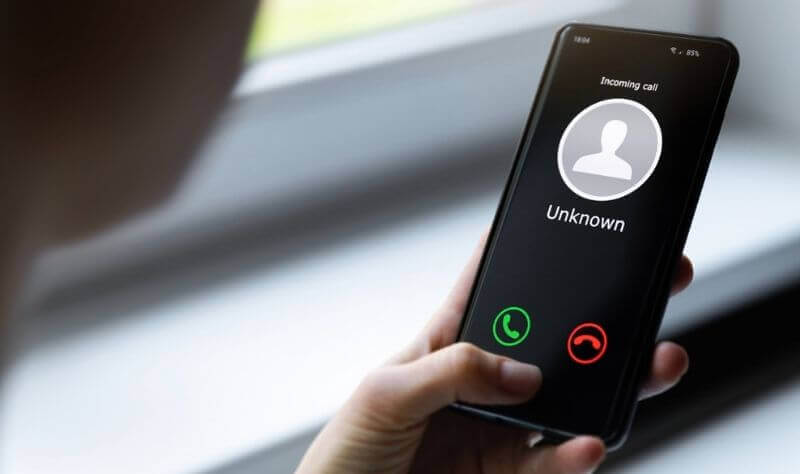
9) PHONE CALLS IN INDIA
India Country Code +91,![]()
International code to dial out is 00,![]()
00 + Country Code + City (if applicable) + Local number.
10) TIME ZONE IN INDIA
GMT +5:30
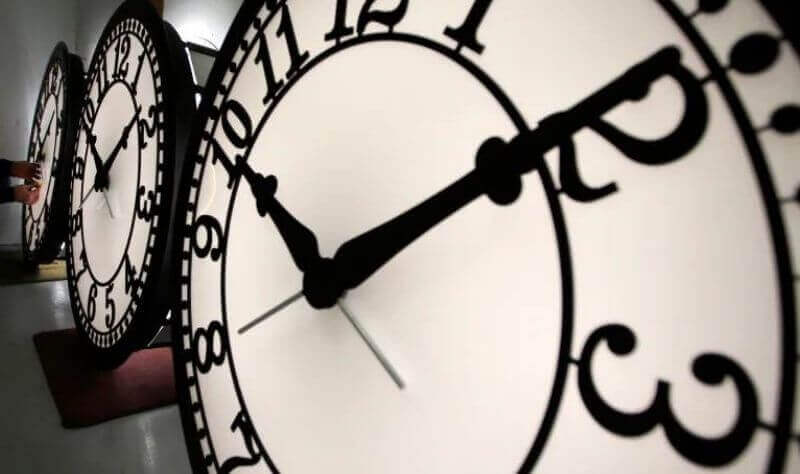

10) TIME ZONE IN INDIA
GMT +5:30
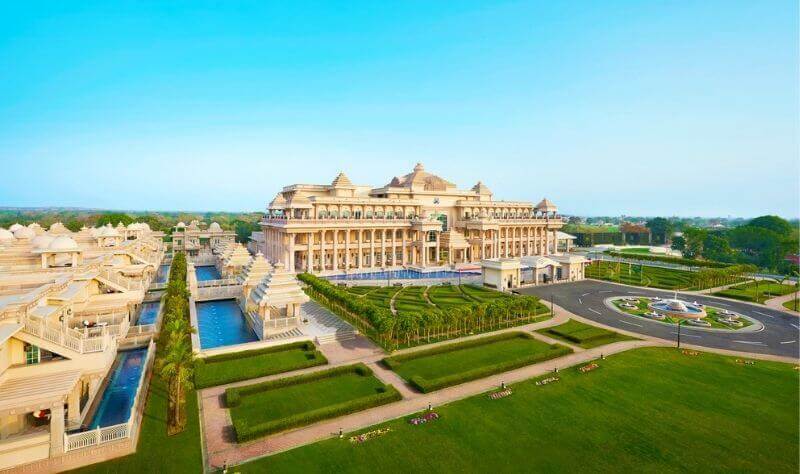
11) HOTELS IN INDIA
If travelling independently, then check the quality and standard of the hotelthrough their website and previous guest reviews.![]()
Also carry the address and telephone number of your hotel with you at all time during your trip, just in case you get lost in the busy cities.![]()
Ask your hotel or guesthouse to book a taxi or auto-rickshaw for transfers to bus and rail stations, especially after dark.![]()
Use the pre-paid taxi counters at airports and pay up for smarter air-conditioned vehicles.
12) MEDICAL FACILITIES AND MEDICINE IN INDIA
India has state of the art Medical facilities is all major cities, but medical facilities are usually limited or unavailable in rural areas.![]()
Most hospitals require up-front payment or confirmation of insurance coverage prior to commencing treatment.![]()
It is still advisable to carry a kit of the basic emergency medicines you might need. Some of the medicines you are use to in your county may not be available overseas.


12) MEDICAL FACILITIES AND MEDICINE IN INDIA
India has state of the art Medical facilities is all major cities, but medical facilities are usually limited or unavailable in rural areas.![]()
Most hospitals require up-front payment or confirmation of insurance coverage prior to commencing treatment.![]()
It is still advisable to carry a kit of the basic emergency medicines you might need. Some of the medicines you are use to in your county may not be available overseas.
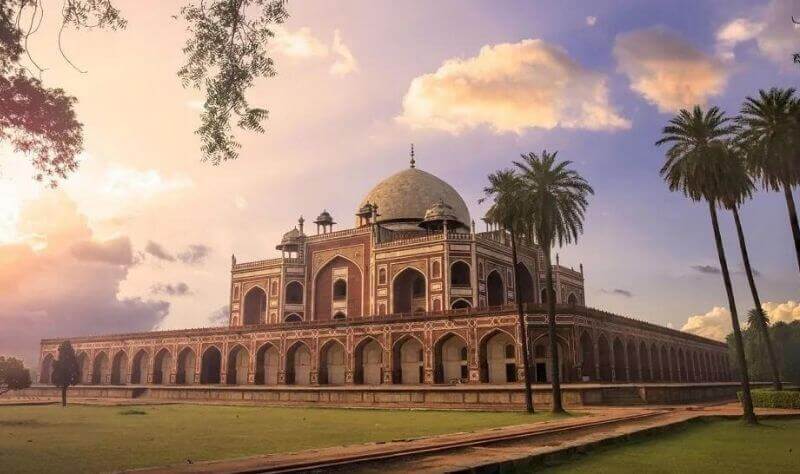
13) SIGHTSEEING IN INDIA
Always use Government licensed guides for sightseeing.Don’t trusttout who are selling you cheap services.
14) WOMEN ONLY TRAVEL IN INDIA
Female travellers should take basic personal safety precautions. Walking alone in isolated spots, even at popular tourist areas and particularly after dark should be avoided.
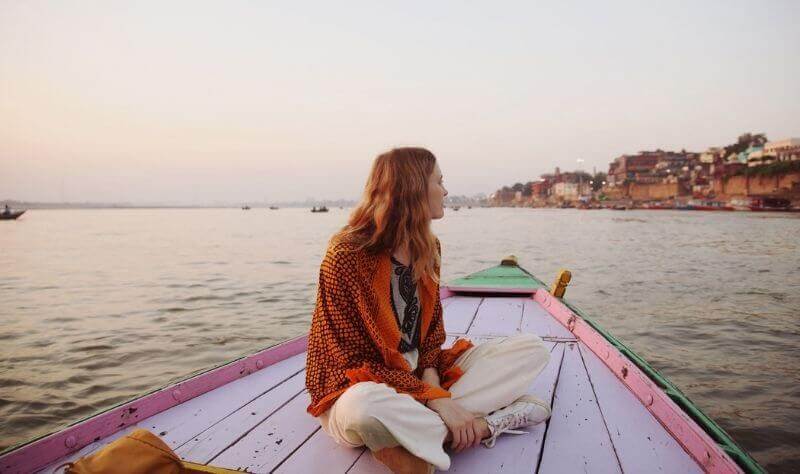

14) WOMEN ONLY TRAVEL IN INDIA
Female travellers should take basic personal safety precautions. Walking alone in isolated spots, even at popular tourist areas and particularly after dark should be avoided.
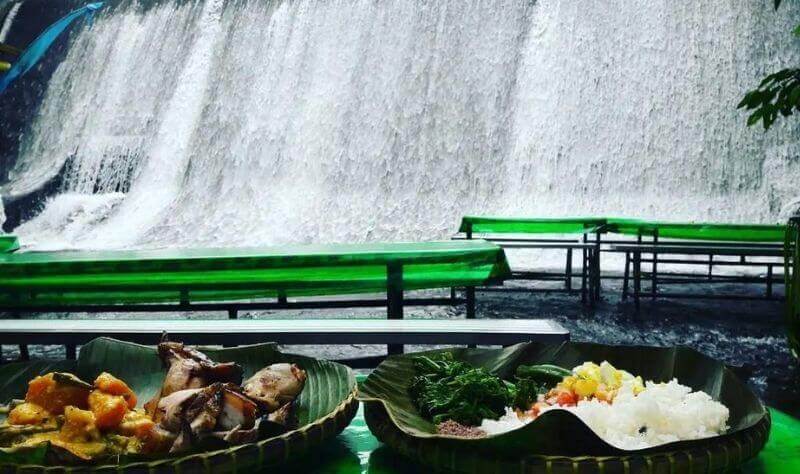
15) FOOD & WATER IN INDIA
Drink only bottled water.![]()
Never buy food from roadside stalls or mobile canteens.![]()
Ensure you eat at good restaurants providing hygienic meals.![]()
When in doubt- go to a place flooded with locals. You can be sure the food is fresh.
16) CLOTHS IN INDIA
India is diverse and the weather can vary depending on the time of travel and area you are travelling too.![]()
Check the weather before you travel.![]()
Always avoid wearing skimpy or revealing clothing.
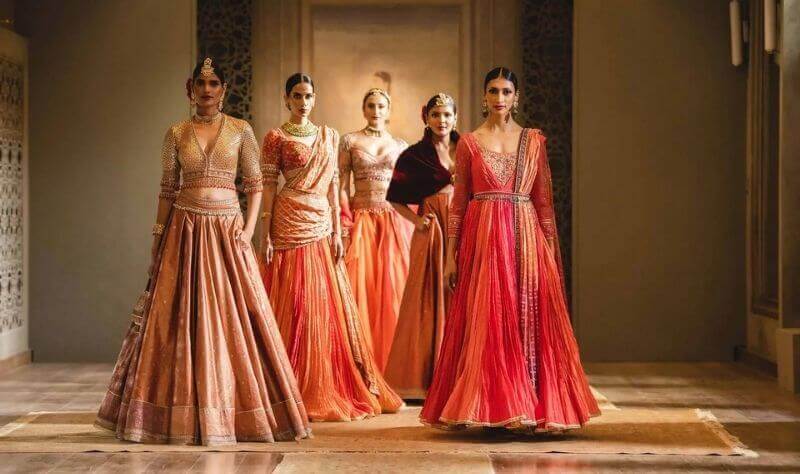

16) CLOTHS IN INDIA
India is diverse and the weather can vary depending on the time of travel and area you are travelling too.![]()
Check the weather before you travel.![]()
Always avoid wearing skimpy or revealing clothing.
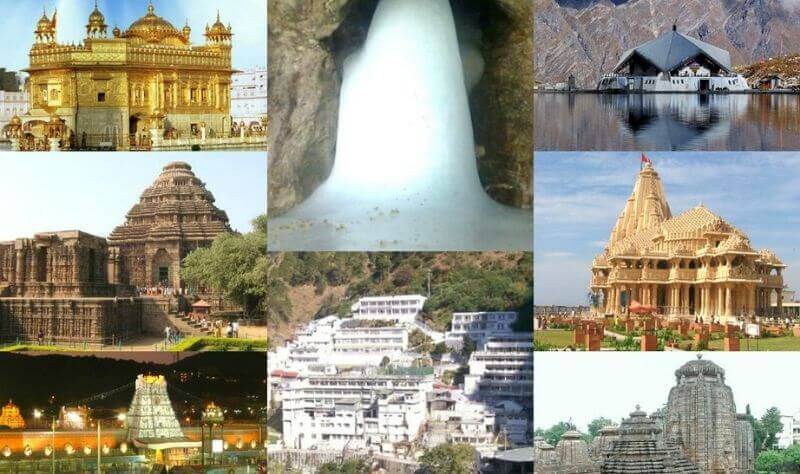
17) VISITING RELIGIOUS PLACES IN INDIA
Temple, Mosque, Tomb, Dargah or Gurudwara (Precaution for men and women)
You must leave your shoes outside.![]()
You must cover your legsand arm before entering a religious place. Avoid wearing, tank tops/ sleeveless vest/ short skirts / shorts when visiting any religious place. This for men and women.![]()
You must cover your head with a cloth while in a Gurudwara, Mosque or Dargah.
18) TRAVELLING IN TRAINS, BUSES & FLIGHTS IN INDIA
Air / rail or travel tickets should only be bought from an authorized travel agent only.![]()
Only get into a train if you have a confirmed seat reservation.![]()
It is always better to arrive one hour before scheduled departure at the train station and two hour before any domestic flight.![]()
You are responsible for your own luggage on buses and trains. Take care of your belonging and if necessary carry a chain and lock to secure your luggage near your seat.![]()
Donot eat anything offered by fellow travelers.
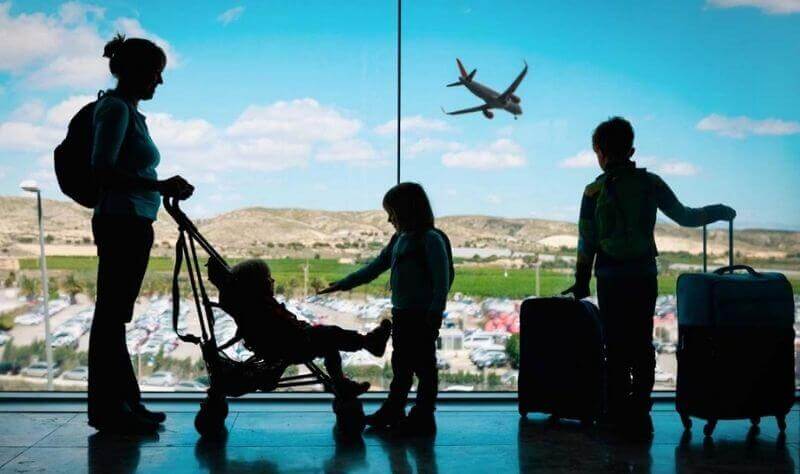

18) TRAVELLING IN TRAINS, BUSES & FLIGHTS IN INDIA
Air / rail or travel tickets should only be bought from an authorized travel agent only.![]()
Only get into a train if you have a confirmed seat reservation.![]()
It is always better to arrive one hour before scheduled departure at the train station and two hour before any domestic flight.![]()
You are responsible for your own luggage on buses and trains. Take care of your belonging and if necessary carry a chain and lock to secure your luggage near your seat.![]()
Donot eat anything offered by fellow travelers.

19) DRUGS: USE AND POSSESSION IN INDIA
Penalties for possession, use or trafficking of illegal drugs are strict. Convicted offenders can expect fines and a minimum jail sentence of 10 years.
